
Product Description :
Ribophyll is the powerhouse agricultural product designed to elevate your farming game to new heights. Harnessing the natural power of humic acid and fulvic acid, Ribophyll is your key to healthier, more resilient plants and bountiful harvests.
Derived from organic sources, Ribophyll is carefully crafted to provide your crops with essential nutrients and compounds they need for robust growth and development. Humic acid, known for its ability to enhance soil structure and fertility, works hand in hand with fulvic acid, renowned for its role in nutrient absorption and transport within plants.
Composition Details :
Humic Acid: Derived from organic matter, humic acid improves soil structure and enhances water retention, promoting optimal nutrient uptake and plant growth.
Fulvic Acid: Extracted from humic substances, fulvic acid facilitates nutrient transport within plants, strengthens defenses against stressors, and supports robust crop development.
Key Benefits :
Enhanced Nutrient Uptake: Improves soil structure for better nutrient absorption, ensuring crops receive essential elements for growth.
Improved Soil Health: Promotes soil aggregation and microbial activity, revitalizing soil fertility and sustainability.
Increased Crop Resilience: Strengthens plants' defense mechanisms against environmental stressors, leading to healthier, more robust crops.
Elevated Yield and Quality: Optimizes nutrient availability for higher yields and superior crop quality.
Sustainable Agriculture: Reduces reliance on synthetic inputs and minimizes environmental impact, fostering long-term sustainability.
Versatile Application: Suitable for diverse crops and farming systems, providing flexibility and adaptability for different agricultural needs.
Recommended Dosage :
Foliar Spray: Mix 30-40 ml of Ribophyll with 15 liters of water.
Soil Application: Use 1 liter per acre of the product evenly to the soil.
Storage & Handling :
Store Ribophyll in a location where temperatures remain consistent and avoid exposure to moisture, as it can compromise the product's efficacy.
Ensure that Ribophyll containers are securely closed when not in use to prevent moisture ingress and maintain the product's quality over time.
Use appropriate personal protective equipment such as gloves and safety glasses when handling Ribophyll to minimize the risk of skin or eye contact with the product.
Adhere to the manufacturer's instructions regarding application rates and handling procedures to achieve optimal results and ensure safe usage of Ribophyll.
Precautions :
Avoid ingestion and keep out of reach of children and animals.
Minimize skin contact and wash thoroughly if contact occurs.
Prevent inhalation of dust or fumes during handling.
Do not mix with incompatible substances.
Store away from food, feed, and drinking water.
Dispose of containers properly and do not re-use them for food storage.
Read and follow label instructions carefully for safe use.

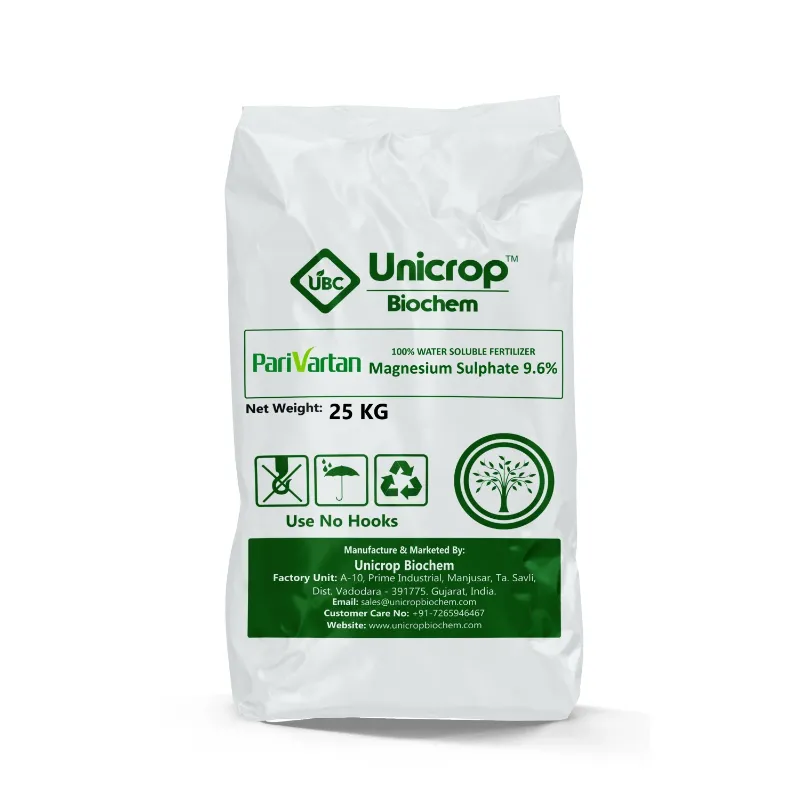

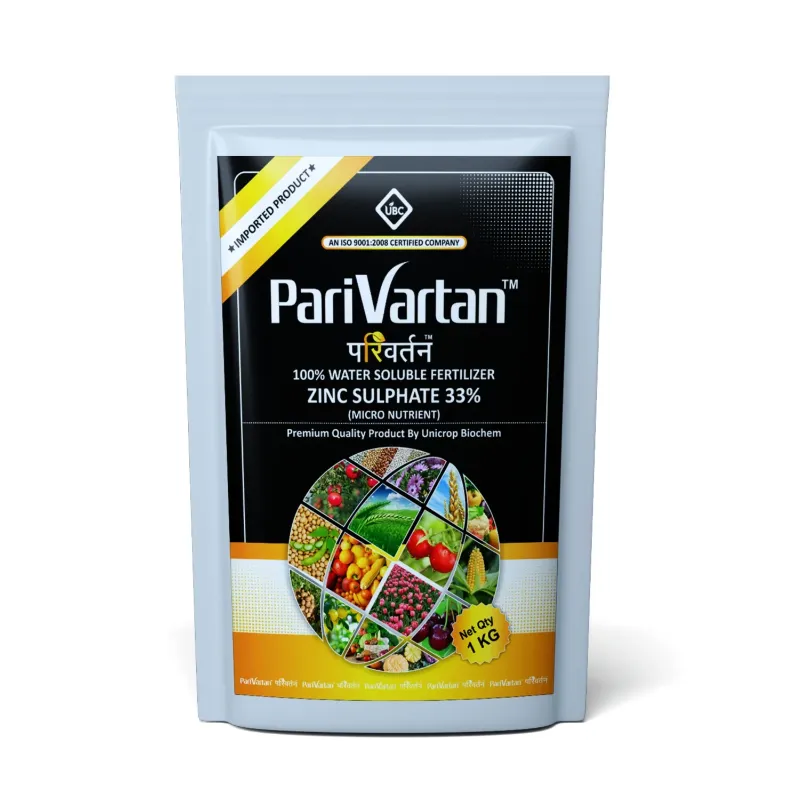

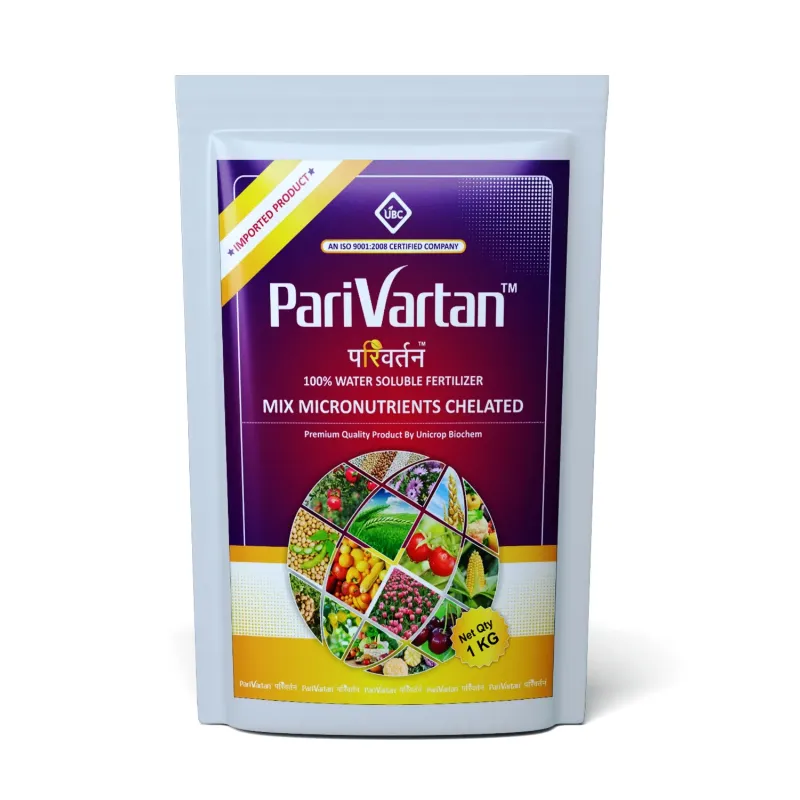

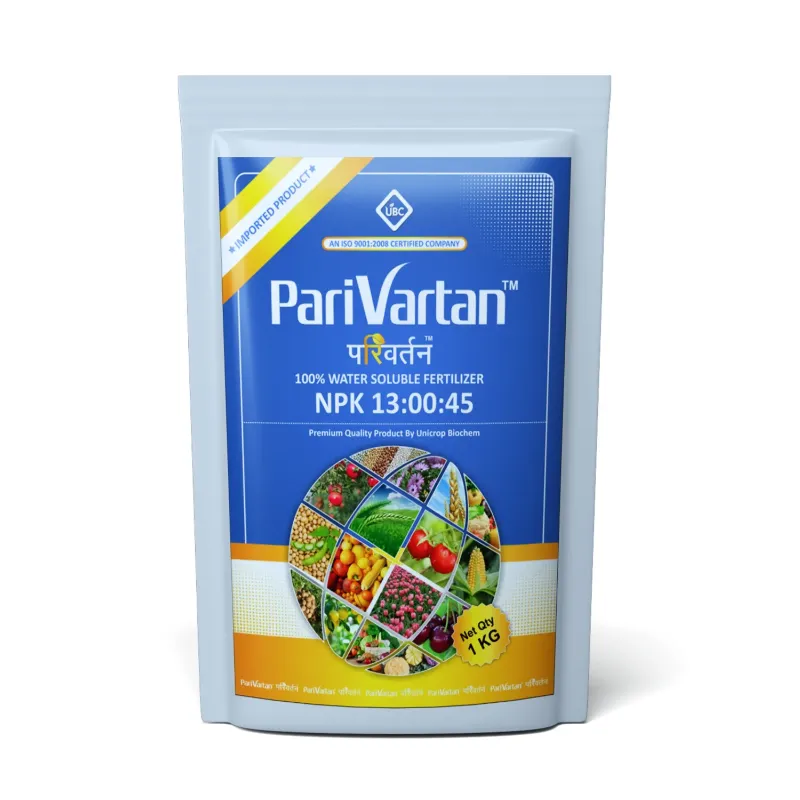
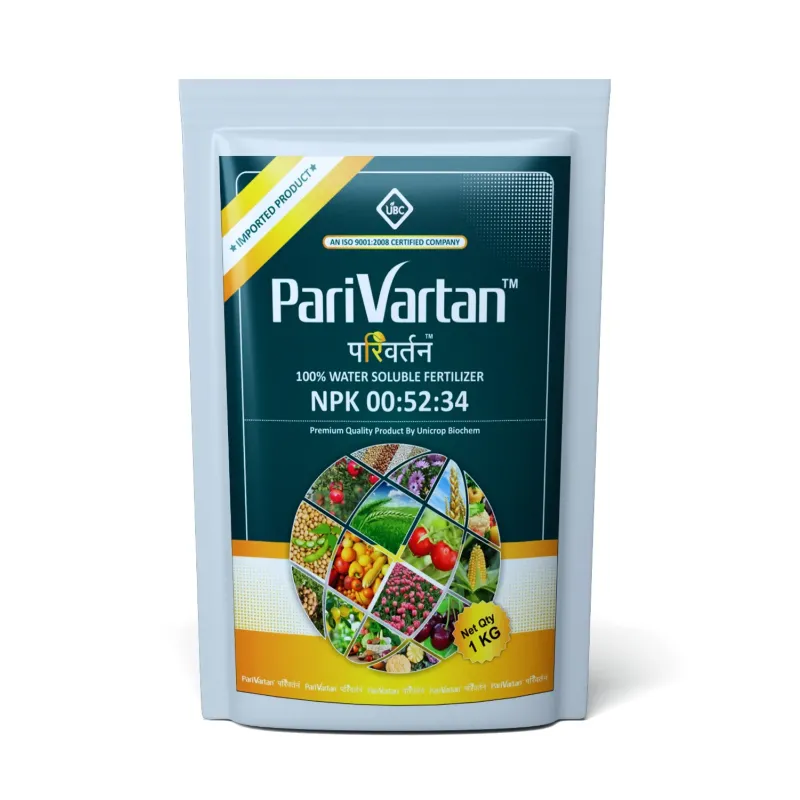



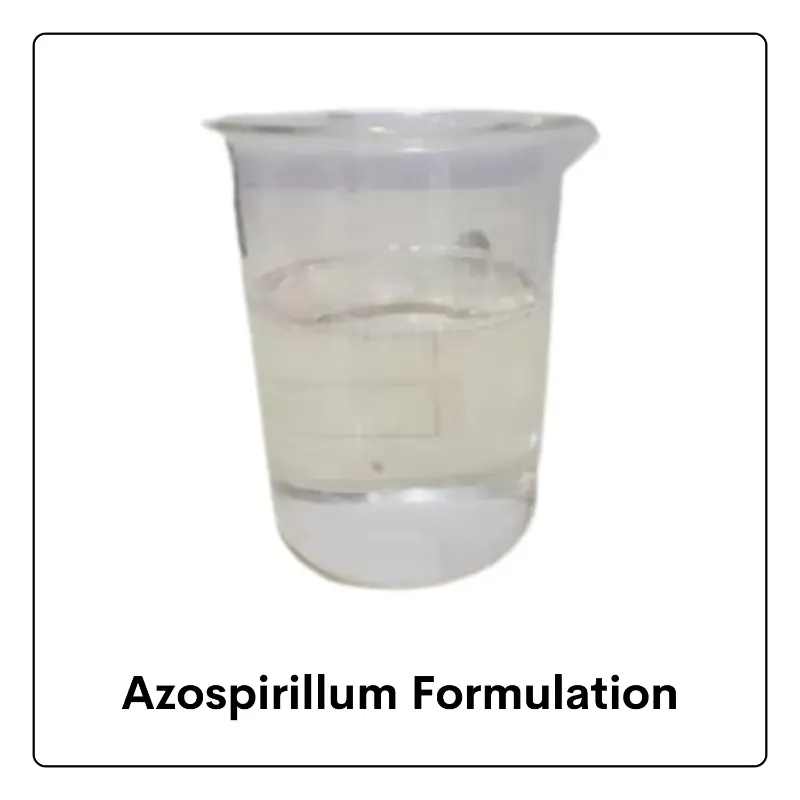


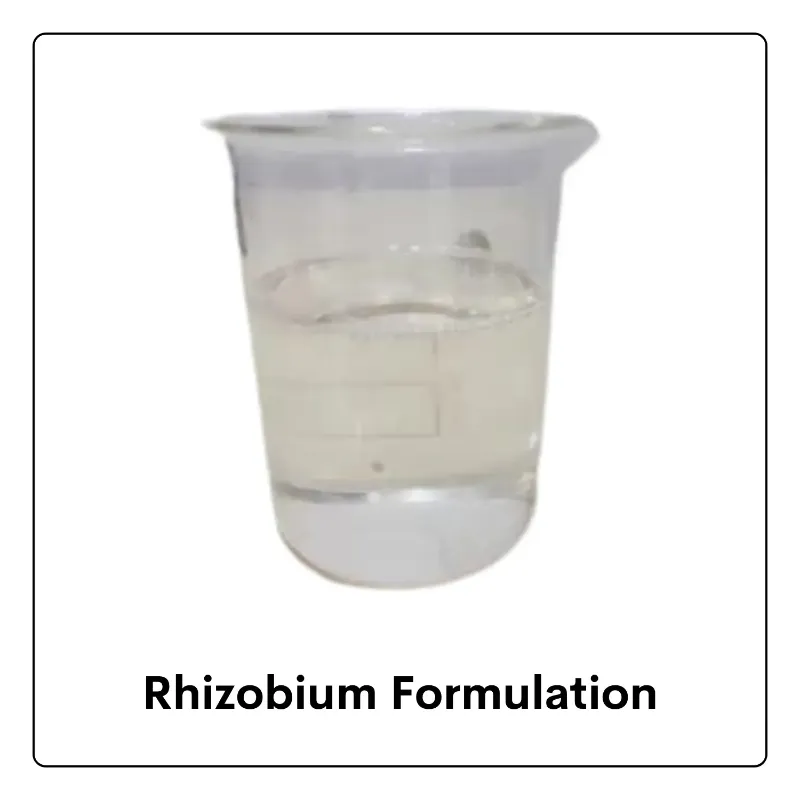
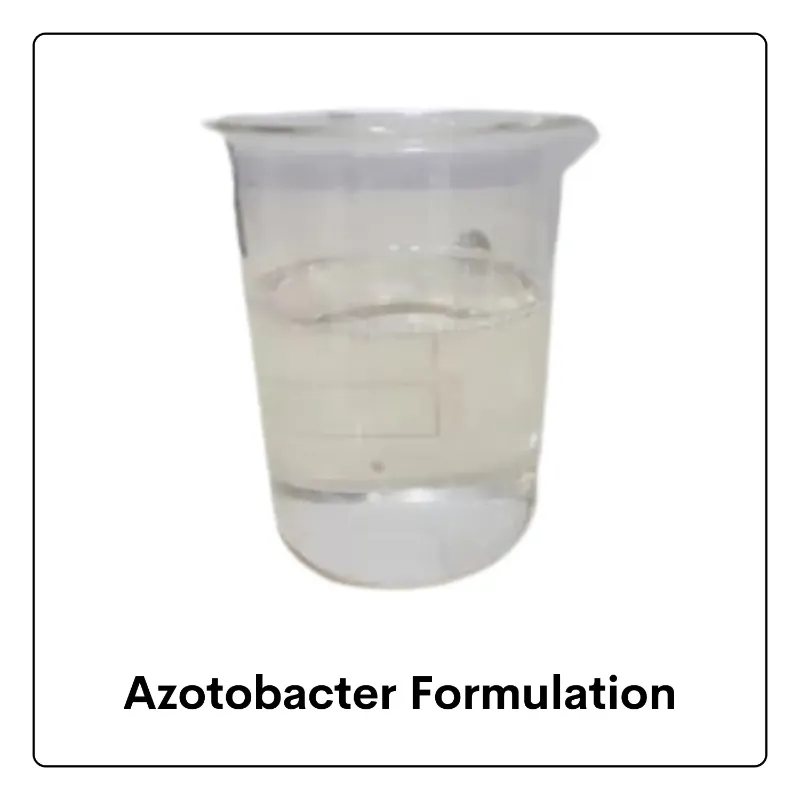



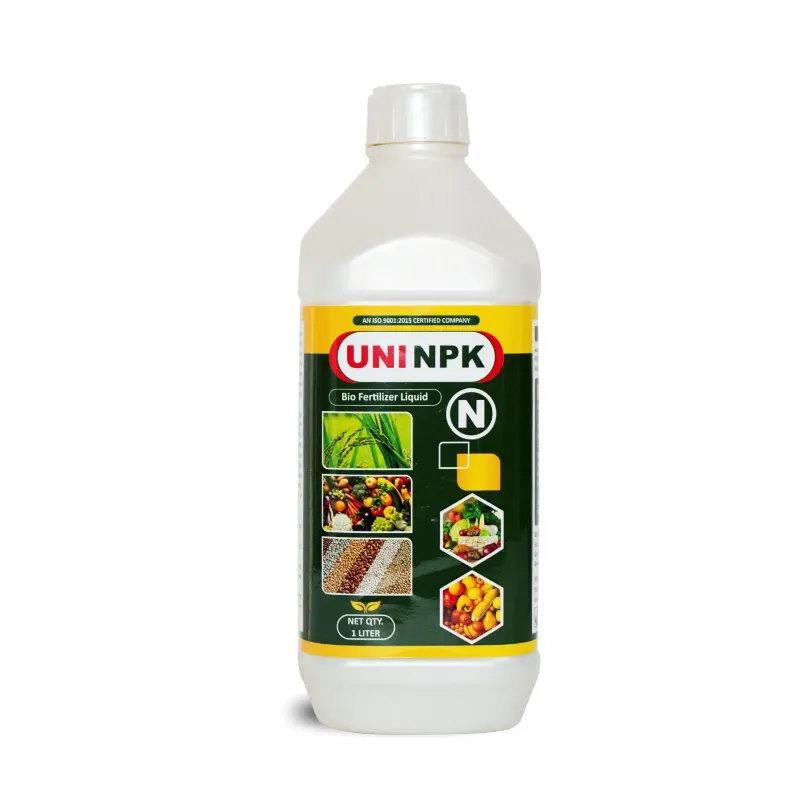

Login To Comment